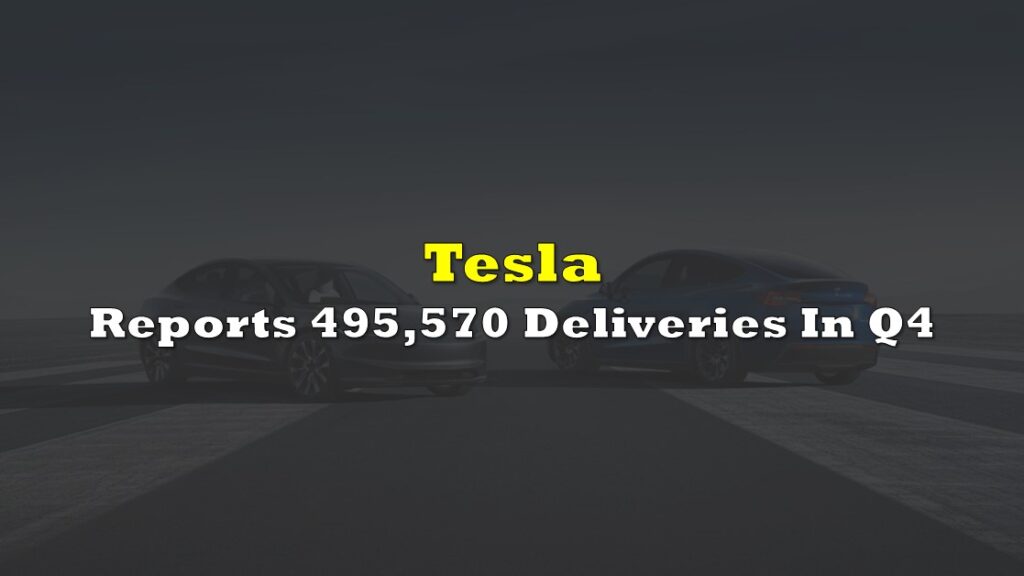Gerhard Schröder, former chancellor of Germany, resigned from his board position with the Russian state-controlled energy giant Rosneft on Friday. The decision comes after a draft resolution that called to sanction the former leader.
Schröder, who served as chancellor from 1998 to 2005, has been a long-term friend and supporter of Russian President Vladimir Putin. A mere 17 days after he left office, he became the chairman of the shareholder committee of Nord Stream AG, the state-controlled firm in charge of constructing the first undersea gas pipeline that directly connected Russia to Germany.
The position was offered to him by Putin himself, and it proved to be an offer too good for him to refuse, even if it risked impropriety. He become the paid overseer of a project he strongly pushed for and signed off on just weeks before he stepped down as chancellor.
In 2016, he became manager of Gazprom-owned Nord Stream 2, the planned expansion of the first pipeline. The following year, Schröder sat at the board at Rosneft, Russia’s biggest oil producer, as an independent director.
Unlike many European officials who left their positions in Russian-owned companies before or at the onset of Russia’s war in Ukraine, Schröder remained defiant about his ties to Moscow. He was even nominated to the board of Russian energy giant Gazprom recently.
The European Parliament, in a draft resolution submitted by the parliament’s four largest parties, urged that the former chancellor be blacklisted and his assets frozen if he does not quit the board at Rosneft. The proposal was also a move to dissuade Schröder from taking on the Gazprom board position.
A day before his resignation from Rosneft, the German parliament stripped the former chancellor of his office and staff. According to a statement from three German political parties, the decision follows as the parliament’s budget committee creates new regulation covering the benefits former chancellors are entitled to whether they have any official duties.
The former chancellor’s belated departure from the Russian-controlled gas giant brings to light the long succession of events that led to Germany’s startling dependence on cheap Russian gas. For years, they failed — or refused — to heed warnings from the US and Eastern European allies, following instead the miscalculated belief that a long-term trade relationship with Russia would give the Kremlin too much to risk, and Germany much to earn.
Germany should conduct an inquisition into the activities of Gerhard Schroeder and Merkel as it relates to Russian influence on their decisions to ignorantly compromise Germany’s national security.
— 🇺🇸Kyle Bass🇺🇦 (@Jkylebass) May 14, 2022
German demand for Russian gas surged from 39% in 2011 to 55% before Russia’s brutal attacks on Ukraine started in late February. This demand amounts to 200 million euros or roughly US$220 million in energy payments, every day, made to what became the Kremlin war chest.
Current chancellor Olaf Scholz is taking a firm stance in scaling back the country’s dependence on Russian gas. It can be recalled that he halted the certification of the Nord Stream 2 project just a couple of days before Russia began its war in Ukraine.
Berlin, accusing Moscow of “weaponizing energy,” is working on a three-stage crisis plan and bracing itself for the possibility of Russia cutting off its supply of natural gas completely.
Information for this briefing was found via Bloomberg. The author has no securities or affiliations related to the organizations discussed. Not a recommendation to buy or sell. Always do additional research and consult a professional before purchasing a security. The author holds no licenses.









